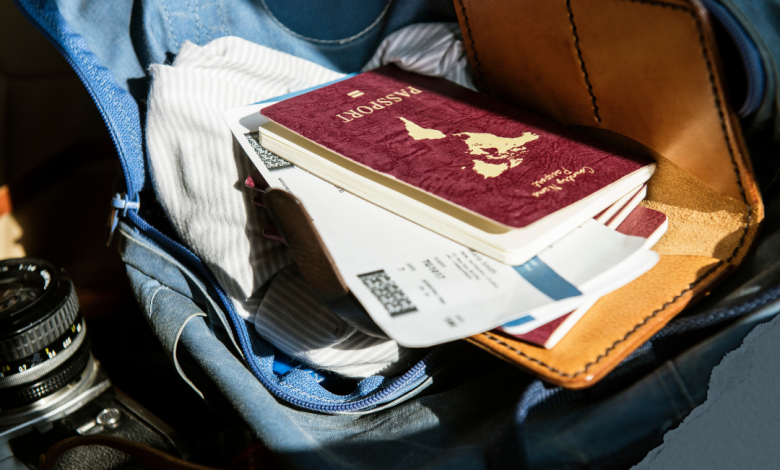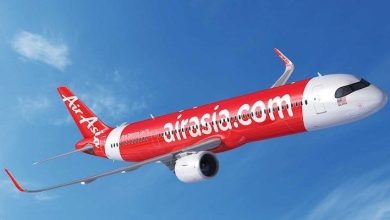Essential Tips To Know About Schengen Visa Documentation For First-Time Travelers

The Schengen visa is a short-term visa that allows travellers to visit any 26 European countries that are part of the Schengen Area. These countries have eliminated passports and other barriers, creating a borderless travel zone for inhabitants and visitors.
The goal of this article is to give first-time travellers important information and tips about how to get a Schengen visa. We will cover eligibility criteria, required documents, for example, cover letter, reservation of flight ticket, hotel booking etc., the application process, common mistakes to avoid and additional resources for more information.
Eligibility Criteria
Citizenship And Passport Requirements
To be eligible for a Schengen visa, travellers must hold a valid passport from a country not part of the Schengen Area. They must also intend to leave the Schengen Area before the visa expires.
Income And Employment Requirements
Moreover, Travelers must demonstrate that they have sufficient financial means to cover the expenses of their trip, such as accommodation and transportation. This can be done by providing proof of income, such as pay stubs or bank statements, or having a sponsor in the Schengen Area who will take financial responsibility for the trip.
Travel Itinerary And Accommodation
Travellers must have a clear and detailed travel itinerary, including dates of entry and exit from the Schengen Area and proof of accommodation for their entire stays, such as hotel reservations or a letter of invitation from a host.
Required Documents For Visa Application
Passport And Photographs
Travellers must provide a clear and valid passport with at least two blank pages and a recent passport-style photograph.
Travel Insurance
Travellers must show proof that they have valid travel insurance covering their entire stay in the Schengen Area and at least €30,000 for medical bills and emergency repatriation.
Proof Of Financial Means
Evidence that you have enough money to support yourself financially throughout your stay in the Schengen. This can be one of the following:
Your bank statement shows you have enough money in your account for the trip. Statements can’t be more than 3 months old.
Sponsorship Letter: A letter from someone else that says they will pay for your trip to the Schengen area. This letter is only good if it comes with a three-month-old bank statement from the sponsor.
A combination of your bank account statement and a letter of sponsorship.
Proof Of Accommodation
Travellers must provide proof of accommodation, such as hotel reservations or a letter of invitation from a host.
Cover Letter
Travellers should provide a cover letter explaining the purpose of the trip, the travel itinerary, and details of the financial means for the journey.
Flight Itinerary
Travellers must provide a flight itinerary for visa application, including confirmed round-trip or onward tickets.
Application Process
Choosing The Right Embassy
Travellers must apply for a Schengen visa at the embassy or consulate of the country where they will spend the most time or where their vacation is focused.
Scheduling An Appointment
The embassy or consulate may ask travellers for more information or papers, which they can track online.
Preparing For The Interview
The embassy or consulate may seek further information or papers from travellers, who can track their application online.
Submitting The Application
If required, travellers should submit their applications in person and pay the visa fee.
Tracking The Application Status
The embassy or consulate may seek further information or papers from travellers, who can track their application online.
Common Mistakes to Avoid
Incomplete Or Incorrect Information
Providing complete or correct information on the visa application or during the interview can result in the application being denied.
Lack Of Proper Documentation
Not providing all of the required documents or providing expired or invalid documents can result in the application being denied.
Applying Too Close To The Travel Date
Applying for a Schengen visa too close to the planned travel date can result in delays or a denied application; it’s always best to use it at least 4-6 weeks before the scheduled travel date.
Not scheduling an appointment in advance.
Not scheduling an appointment in advance can result in long wait times or a denied application.
Conclusion
The Schengen visa application process can be complex and time-consuming, but proper planning and preparation can be a smooth process. It is essential to ensure that you are eligible for a Schengen visa, have all the required documents, and avoid common mistakes such as providing incorrect information or not scheduling an appointment in advance.
Lastly, for more information on the Schengen visa process, including specific requirements for different countries, visit the websites of the embassies or consulates of the Schengen countries you plan to visit or consult the official website of the European Union. Additionally, many online resources, such as travel forums and visa processing agencies, can provide additional guidance and support throughout the process.
Read More Latest Article: itimesbiz




